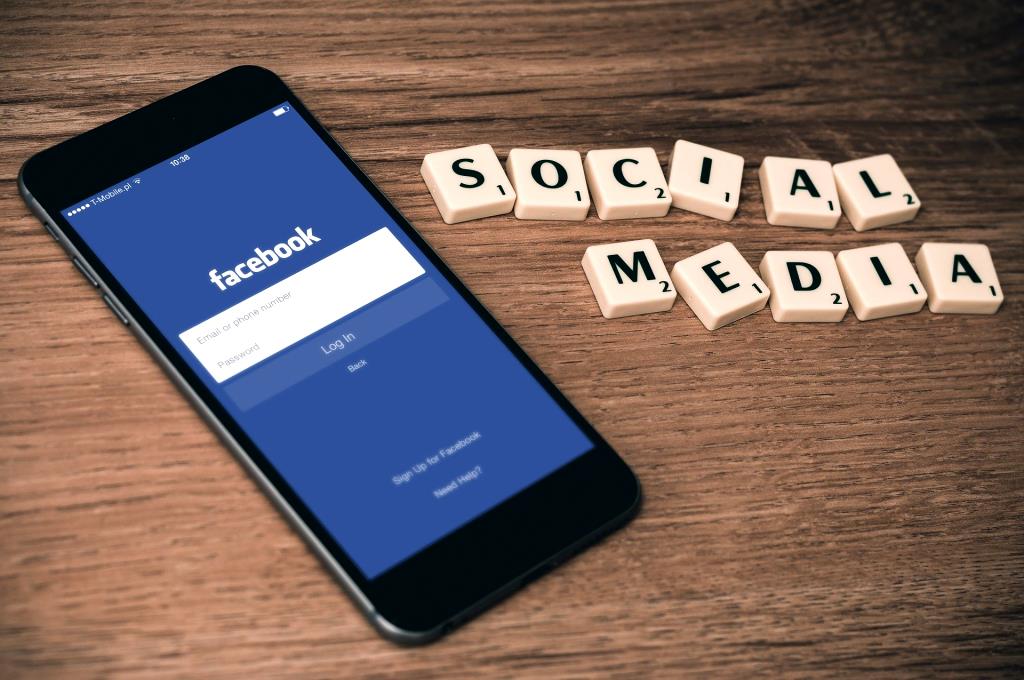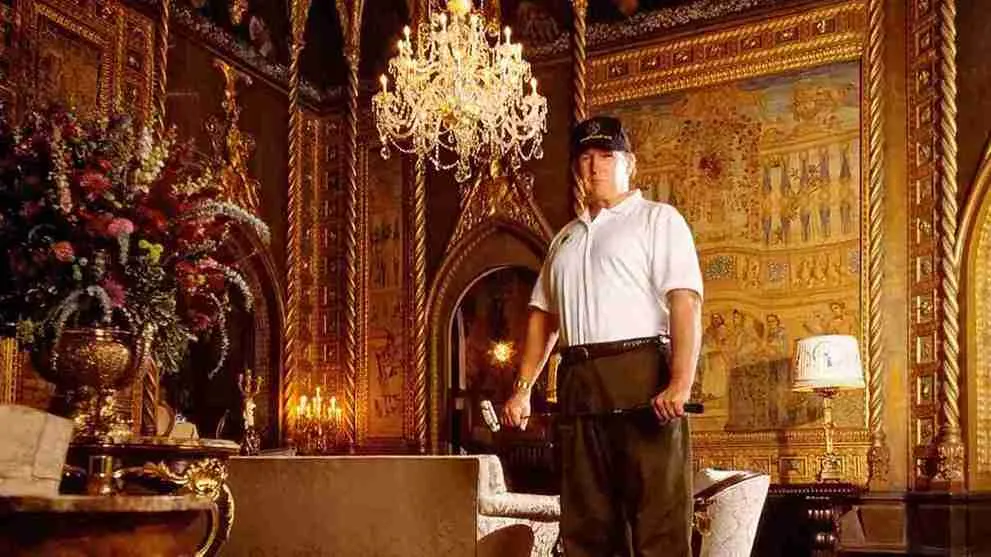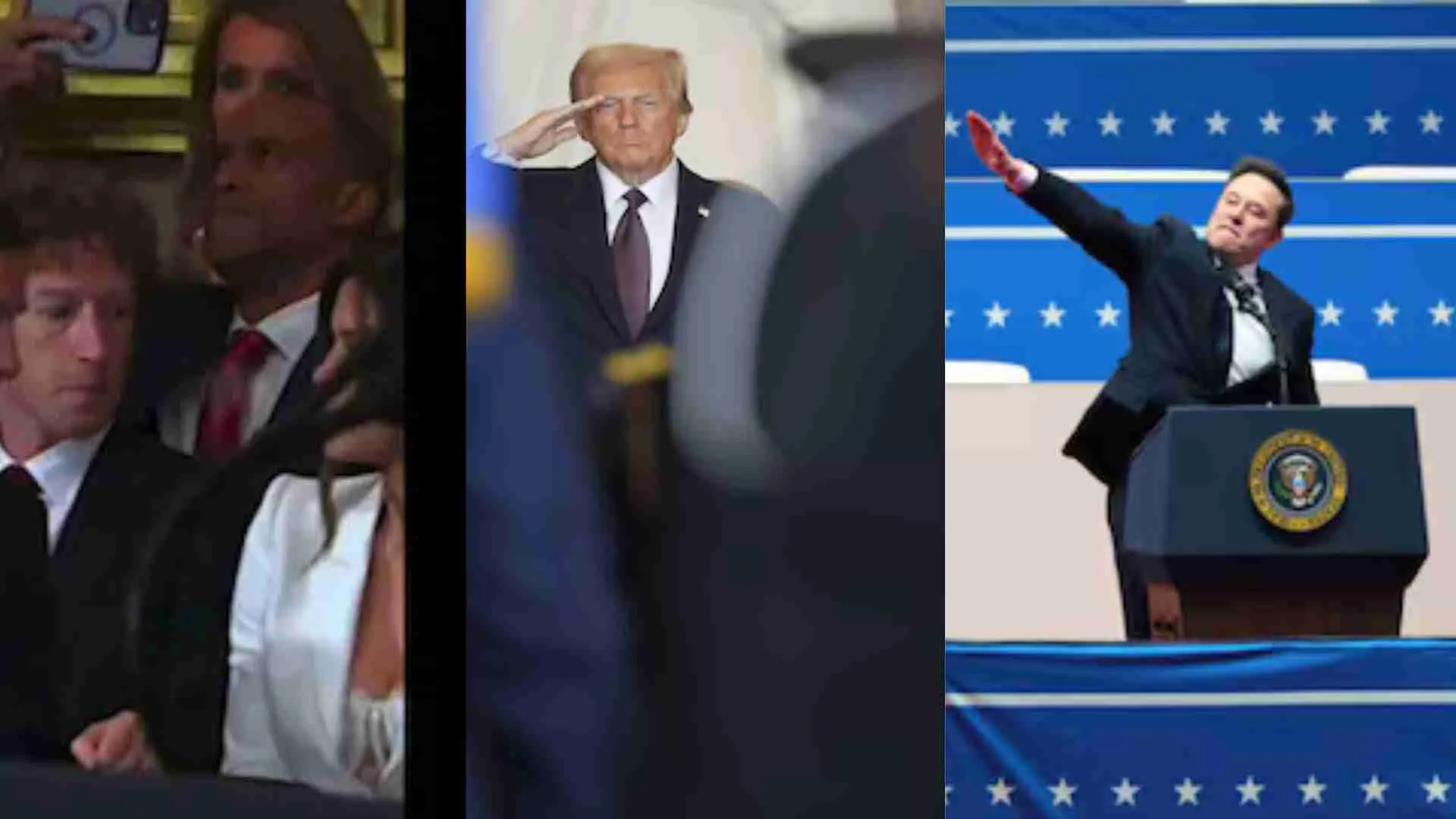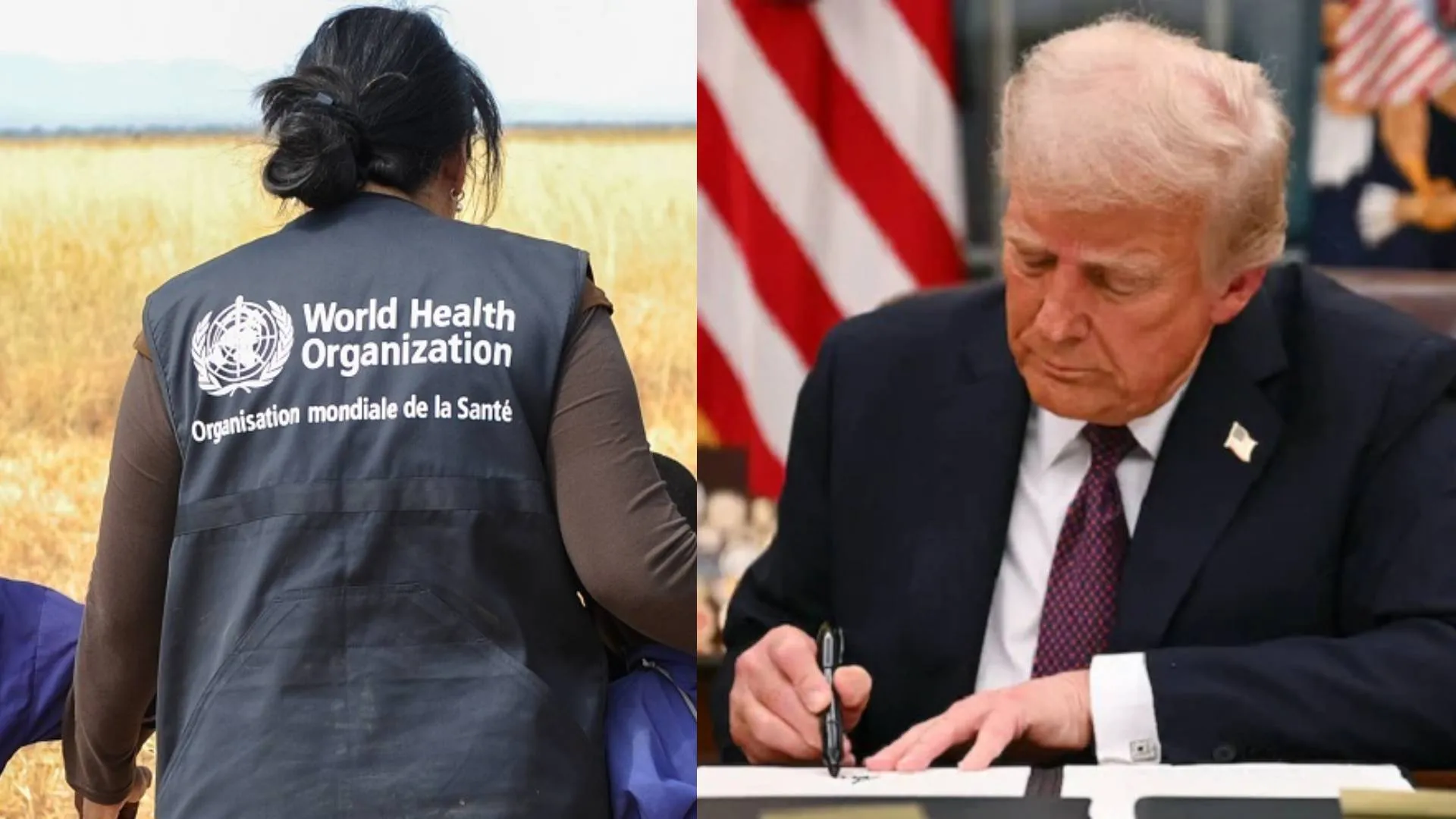It is hard to imagine that Facebook, the world’s, likely most powerful social media tool and a top one in India, very recently turned 20. And its prime founder who developed it starting as a 19 year-old teenager while at Harvard University is now well into middle-age. Mark Zuckerberg, its head is practically an icon for some with even a Hollywood movie out on his exploits. For others, he is a social media “Darth Vader”, moving towards, if not already building his own “evil empire’ of dominating communication, ubiquitously.
It is for them an overly lucrative, money seeking empire, void of social concerns who see its chief increasingly facilitating, if not at times practically controlling and overseeing the content of a large portion of text from the global population, including from many Indians. So fast is the growth in worries about the impact of his immensely powerful platform that Zuckerberg was essentially hauled before the US Congress where representatives expressed great concerns about the impact Facebook is especially having on young people, but not exclusively.
So intense were the criticisms as expressed by America’s legislators that the Facebook top executive made a full-throated apology for the harm Facebook had done. That was no small matter for this US tech, multi-billionaire oligarch. Indians who evermore are impacted by largely US dominated social media are more aware of how such platforms are also impacting society and the overflow directly and even on their own lives but not always in some detail. But first, it is good to get a handle on how exactly enormous this platform is, in India, as well and to help get a better idea of its real power and those of its minders.
According to demandsage. com, globally “Facebook currently has 3.05 billion monthly active users and is predicted to reach 3.07 billion mark by Q1 2024 and has 2.064 billion users accessing Facebook every day, which accounts for 68.11% of the platform’s monthly active users.” For India, dofinder.com calculates India having 314.6 million ones on a daily basis. For wisevoter.com, it reports India is the number one country in terms of total Facebook users at over 400 million.
Interestingly, out of the top five, most popular social media sites in the country, it can be deducted from www. similarweb. com that they all seem US based or significantly operated by the West. And OneIndia,Onepeople has stated there has been a vast increase in the use of social media in the country, especially when Covid took hold. And this trend has been remarkable especially among Indian youth, where Instagram and Facebook are the preferred social media tools. The former is considered as the number one leading of its kind in India with Facebook in second place. (Business Standard)
But what were the US Congress reps expressing concerns to start off with and might those worries likely have a parallel within India? Indeed, the worries were partly based due to alarming report findings published in the Wall Street Journal, «…based on internal Facebook leaks, including a story that revealed research showing the harmful effects of Instagram.» (Guardian, UK) Instagram is a sister company to Facebook and possibly, the most favorite social media for young Indians. Alarmingly, the major health site PubWebCenter states, «Suicidal behaviours and attempts are increasingly reported on Facebook.»
The worry is that certain overly depressed youths are prone to becoming copycats to those on Facebook pushing suicidal behaviour resulting in tragic deaths of those in their early years. Years back, according to The Hindu, «The Indian Crime Branch investigated into what led to «…a woman from Aranmula posting a suicide threat on Facebook…› How many more of such negative uses of this social media are pervasive in India need to be asked? Meanwhile, there have been countless horrific images not banned or filtered out (fast enough) appearing in these platforms and other highly unethical text and images. I will not get into the grizzly details of some of them.
It is clear that too much unacceptable information to any civilization is getting posted on what are largely US run, social media. So what did Zuckerberg at his recent presentations at a US Congressional commerce committee exactly say in response after his grilling: «It was my mistake, and I’m sorry…» “I started Facebook, I run it, and I’m responsible for what happens here..» “It’s clear now that we didn’t do enough to prevent these tools from being used for harm. That goes for fake news, foreign interference in elections, and hate speech, as well as developers and data privacy.» (Guardian, UK)
So, given all this and the 400 million approximate users of Facebook along with additionally other social media users in India, should regulators and legislators in India further look at such social media from abroad, like Facebook. Even, if necessary how it was manipulated and used by foreigners to try and influence election outcomes. And all evidence was well documented by Twitter›s new owner›s investigation that Twitter had been politically overly manipulated by a number of Justice officials of the US government prior to being taken over.
Given how powerful all this US based social media and its impact may be on Indians, is it time for a further wake up call about its potential dangers of gaining negative control, including on values and behaviour. This is especially so as AI develops by leaps and bounds in America and China, in particular Like many new advances in popular new technology there are pluses and minuses, socially.
After all, Zuckerberg well stated to Congress under oath that the majority of research shows the beneficial aspects of social media. It is bridging gaps in distances between friends and relatives, and can help to share festive occasions and birthdays for example. But before anyone wishes to blow out the candles on Facebook›s anniversary «cake», more time should be taken to reduce the very harmful effects so many of these foreign and other such social media platforms are having on our young people.
Peter Dash is an educator who has spent over 20 years educating teenagers including though Asia. He has 26,000 followers at LinkedIn using it frequently to educate positively and exchange on geopolitics.





















